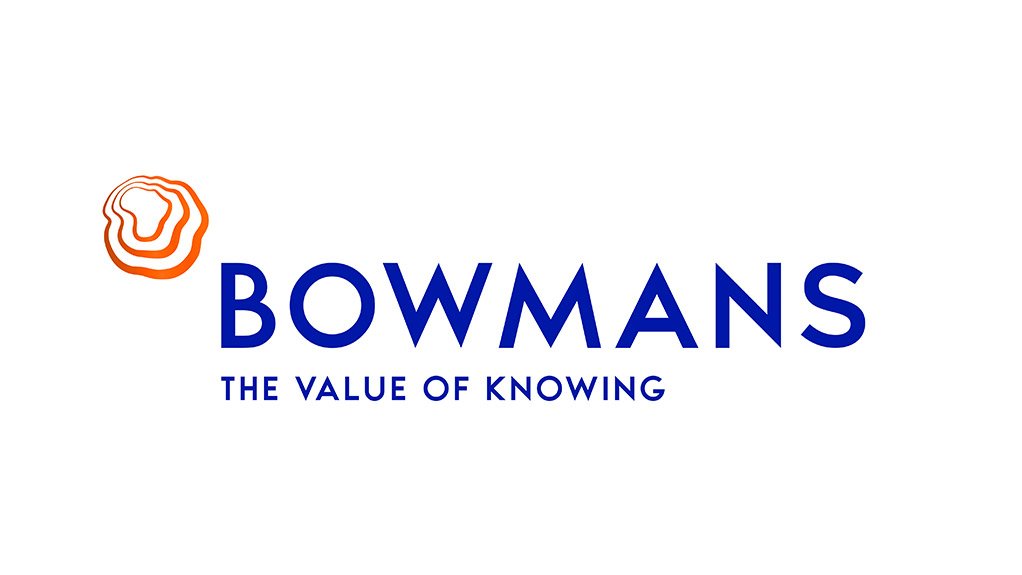On Monday 23 March President Cyril Ramaphosa announced the establishment of a Solidarity Response Fund to which South African businesses, organisations and individuals, and members of the international community, can contribute.
A question has arisen about whether or not contributions to the Solidarity Response Fund will qualify as Socio Economic Development points for B-BBEE scorecard purposes.
What is measured under Statement 500 of the B-BBEE Codes is the annual value of all Socio-Economic Development Contributions by the measured entity as a percentage of the target. The target is 1% NPAT.
'Socio-Economic Development Contributions' under the B-BBEE Codes means monetary or non-monetary contribution implemented for communities, natural persons or groups of natural persons where at least 75% of the beneficiaries are Black people. The objective of Socio-Economic Development Contributions is the promotion of sustainable access for the beneficiaries to the economy.
Socio-Economic Development Contributions commonly take the following forms:
- development programmes for women, youth, people with disabilities, and people living in rural areas;
- support of healthcare and HIV/ AIDS programmes;
- support for education programmes, resources and materials at primary, secondary and tertiary education level, as well as bursaries and scholarships;
- community training, skills development for unemployed people, and adult basic education and training; and
- support of arts, cultural or sporting development programmes.
In our view, a company has a good chance of claiming its contributions to the Solidarity Response Fund. According to President Ramaphosa, 'The fund will focus efforts to combat the spread of the virus, help us to track the spread, care for those who are ill, and support those whose lives are disrupted.' This certainly meets the second criterion.
Generally a verification agency requires the beneficiary entity to confirm that they meet the criteria set out. At the verification stage one could request such a confirmation from the Solidarity Response Fund.
Given the emphasis on assisting SMMEs also announced, we also looked at whether these contributions could qualify as Enterprise Development Contributions.
In this regard what is measured is the annual value of Enterprise Development Contributions and Sector Specific Programmes made by the measured entity as a percentage of the target. The target is 1% NPAT.
Contributions must be 'Qualifying Enterprise and Supplier Development Contributions'. This means Enterprise Development and Supplier Development Contributions targeting EMEs and QSEs that are at least 51% Black Owned or at least 51% Black Women Owned, or owned by black youth in rural, and underdeveloped areas as per in Statement 400.
At this point it is not possible to know whether the beneficiaries of the Solidarity Response Fund would meet the above 'qualifying' criteria. Minister of Small Business Development, Khumbudzo Ntshavheni, said on Tuesday 24 March 2020 that the assistance Government will give to small businesses would be extended across the board, irrespective of whether companies are majority black-owned or not. It is however reasonable to assume that a large portion of the assistance will flow to small black-owned businesses.
In due course companies could request information from the Solidarity Response Fund at the stage of verification to understand what percentage of their contributions qualified.
The best-case scenario would be for the Minister of Trade and Industry to confirm that all such contributions to the Solidarity Response Fund will qualify as either Socio-Economic Development Contributions or Qualifying Enterprise and Supplier Development Contributions.
Written By Claire Tucker, Head of Public Law and Regulatory, Bowmans
EMAIL THIS ARTICLE SAVE THIS ARTICLE ARTICLE ENQUIRY
To subscribe email subscriptions@creamermedia.co.za or click here
To advertise email advertising@creamermedia.co.za or click here











